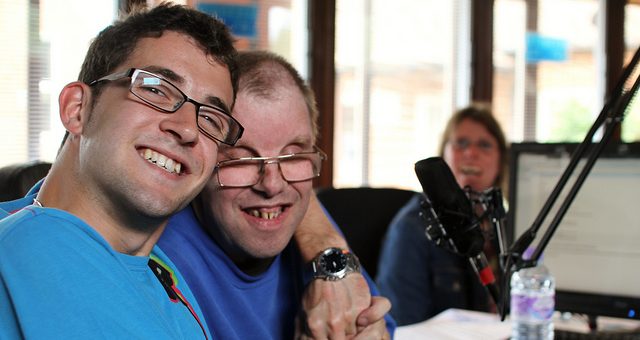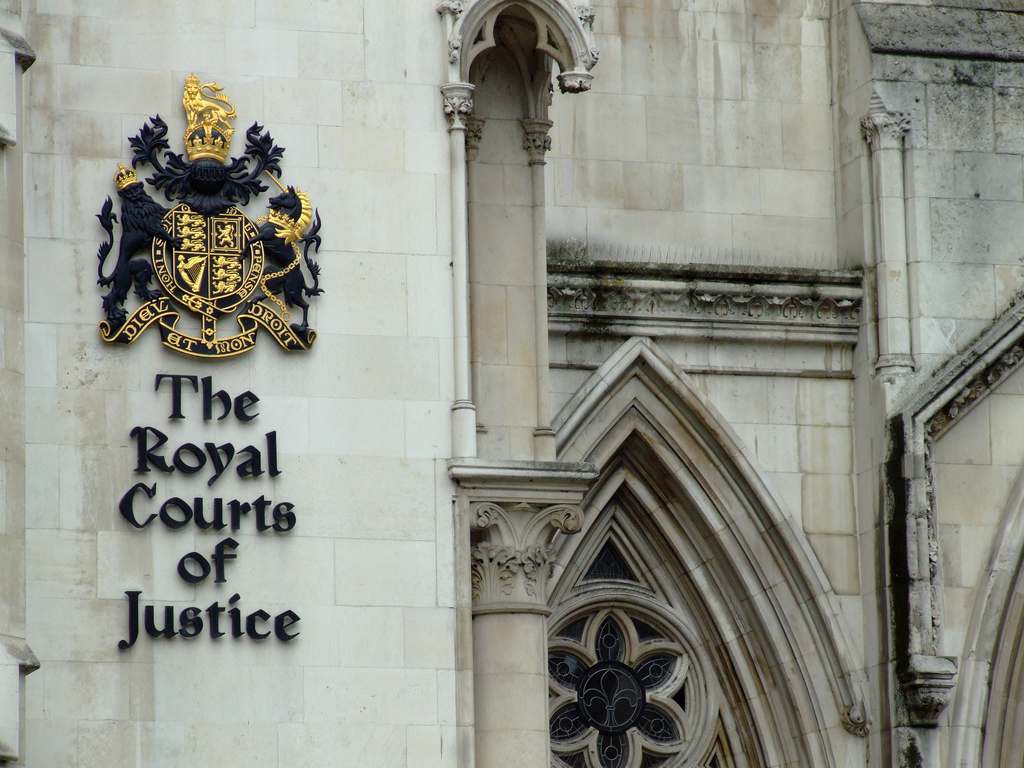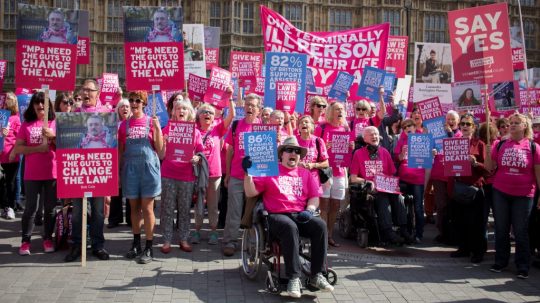Tribunals should have the power to prevent disabled people enduring the “bedroom tax” – which restricts housing subsidies – when deemed to be in breach of their human rights, a court will hear.
The Supreme Court will today (July 3) be told that some couples who have a spare room, because a disability prevents them from sharing, are still suffering deductions in their housing benefit despite judges ruling that this is unlawful in a landmark case three years ago.
Jayson and Jacqueline Carmichael, a disabled woman who cannot share a room with her partner, won their appeal against the government’s ‘bedroom tax’ in 2016.
Under the scheme, her family was not entitled to an extra room although a child in the same situation would be.
The Supreme Court ruled that the difference in treatment between children and adults was a breach of the human right not to be discriminated against (Article 14) and the protection of family and private life (Article 8).
But despite the landmark ruling, Mr Carmichael found that a 14% ‘bedroom tax’ deduction had still been made to his benefits.
His efforts to enforce the Supreme Court’s decision through the tribunal were initially successful, but the Court of Appeal found that the First-tier Tribunal (FTT) did not have the power to disapply the ‘bedroom tax’ regulations, even though they had been ruled unlawful.
Challenging The Bedroom Tax
The latest case is being brought on behalf of a claimant, known only as RR, whose case is “almost identical” to that of the Carmichaels, RightsInfo understands.
Not only does this situation seem unfair, it undermines the role tribunals play in making justice accessible to people who do not have the resources to mount major legal challenges.
Alison Pickup, Public Law Project
The Public Law Project (PLP), who is intervening in the case alongside the Child Poverty Action Group and Liberty, argue that tribunals should have the power to strike out the claimant’s bedroom tax until the Department for Work and Pensions decides the remedy.
Alison Pickup, the PLP’s Legal Director said: “Not only does this situation seem unfair, it undermines the role tribunals play in making justice accessible to people who do not have the resources to mount major legal challenges.”
She said that she does not disagree it is for the government to decide how to amend “incompatible regulations, subject to the control of courts”.
But added: “This intervention is about what should happen in the meantime to ensure that people who are affected by the unlawful regulations have an accessible legal remedy.”

Image Credit: NCVO London / Flickr.
She said: “When parliament enacted the Human Rights Act, it decided that public authorities and tribunals should respect our human rights.
“And so we are saying that tribunals should have the power to disapply regulations when they breach those rights.
“In RR’s case, as in the Carmichaels’, that means treating couples as entitled to housing benefit for two bedrooms where they are unable to share due to a disability,” Alison Pickup added.
“If this challenge is successful, it will make public law remedies much more accessible to individuals than having to apply for judicial review or bring a claim under the Human Rights Act in the county court.
“If the claimants win, it will be a victory for the rule of law.”
The ruling of this case will have implications for the decisions of other tribunals, including immigration and special educational needs (SEN).







